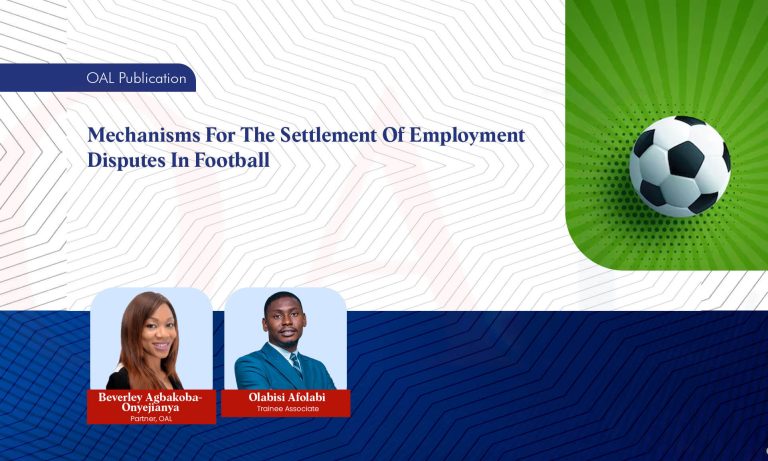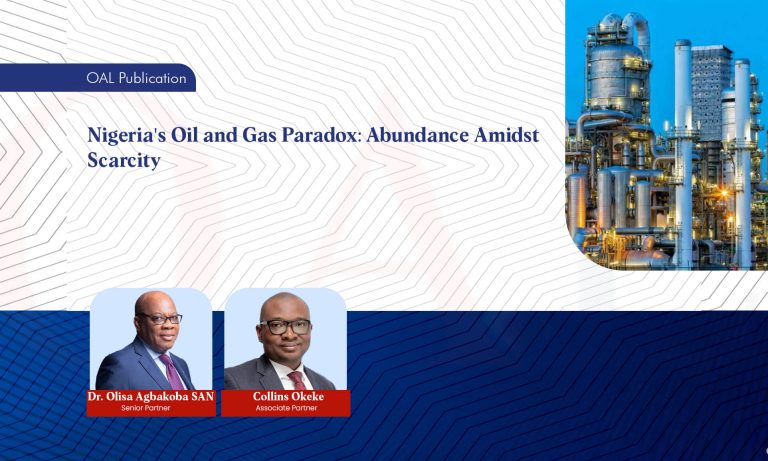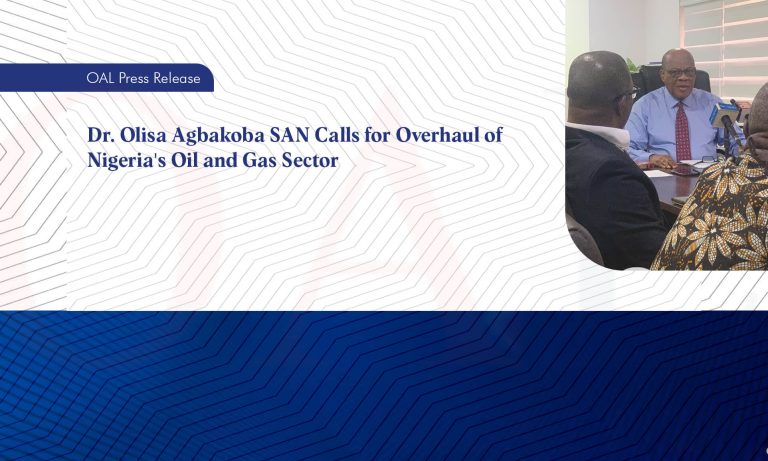
Basic Insights Music Artistes should know about Intellectual Property Rights

This short article gives a basic insight into what every budding artiste should know about their Intellectual Property Rights (IPR) in music, it is also for anyone interested in the music industry and the technicalities involved.
Intellectual property refers to the creations of the mind such as inventions, literary and artistic works, designs and symbols, names, and images used in commerce.
Intellectual property rights are protected by law, for example; trademarks, patents and copyright law protects and enables people to earn recognition or financial benefit from what they invent or create.
Under intellectual property law, Copyright law is the most relevant to a music artiste as music is specifically mentioned under the Act.
Copyright is an exclusive right given to the originator of creative work to reproduce the work for a limited period. These works may include books, music, paintings, sculpture and films, computer programs, databases, maps, advertisements, and drawings. A creator under this right is known as an author and their copyright lasts for their entire lifetime and a specific time after their death.
Copyright law rewards authors for their creative works through their own independent effort, for example, the musical work of Micheal Jackson is protected even after his death.
Under copyright, a music artiste has ownership of the musical composition or sound recording if they did both of these. If the artiste only composed the music, that would be the copyright they own and if someone else did the sound recording, that person owns the copyright in the recording.
Ownership would mean exclusive rights to reproduce and redistribute the work as well as licensing the copyright in order to earn royalties.
In music, copyright is categorised into two; the master recording which is copyright owned by the person who creates the sound recording of the song or the expression of the underlying musical composition created by a performing or recording artiste; this copyright is held by the performing artiste and their label. Composition covers the underlying musical composition which includes the arrangement of notes, chords, and melodies in a specific order created by the performing or recording artiste. The copyright here is owned by songwriters, composers, and lyricists and is managed by their music publishers who partially own the copyright with them.
Creating lyrics similar to another could easily fall under copyright infringement, an example of such is; Childish Gambino (Donald Glover) v. Kidd Wes (Emelike Nwosuocha). In May of 2021, Kidd Wes claimed that Childish Gambino’s song “This is America” (2017) was “substantially similar” to the rapper’s song “Made in America” (2016). Specifically, he claims that “the lyrical theme, content, and structure of the identically-performed choruses” are virtually identical. The case is not yet resolved.
Copyright in music is assigned once the music composed is fixed in a tangible form. For composition, the copyright is made when the music lyrics are recorded, put on paper, or written in a document. For a master recording, the copyright is realized when the sound recording is fixed, that is to say, the sound must be captured in a medium that can be communicated.
Basics of music copyright law
- The copyrighted work must be original
- Violation of copyright must be established by evidence
- Master recording copyrights are administered and often owned by record labels
- Compositional copyrights are administered by publishers
- Copyrights last an entire lifetime of the author and 70 years after their lifetime.
Also read: Why Every Business/Company Needs To Incorporate ESG
The Rights held by Copyright Holders
Right to Reproduce the copyrighted work.
Holders of copyrights can reproduce the copyrighted work by printing CDs or Vinyl. Streaming services should have licenses from the copyright owners to be able to play their music or it would amount to copyright infringement by reproduction.
Right to Distribute copies of the copyrighted work to the public
The authors have a right to create new copies of the composition or recording of the music, they can also sell it. Please note that selling it doesn’t equate to selling the copyright.
Right to Make derivative works upon the copyrighted work
A copyright owner of the musical composition can legally create derivative work or permit others to make such already-existent copyrighted work. A third party can create derivative work of a composition or master recording either by master use license or synchronization license.
Right to Perform the work publicly
The author of the work has a right to perform it publicly.
Benefits of Copyright
The owner can Sue for copyright infringement
Provides Public notice of your ownership
It provides Legal evidence of ownership
Makes the owner eligible for Statutory Damages, Attorney Fees, and Costs of Suit.
Protection Against Importation of Infringing Works
Any person who illegally or without any authority or permission, uses any music to which they don’t own the copyright. That person would have infringed on the rights of the author. Copyright infringement is not only limited to illegal use but also considers the copying of copyrighted work. An example of this is The Rolling Stones a band which sued the Verve for their song “Bittersweet Symphony” which contained a sample from “The Last Time.” Originally, the Verve had licensed the use of 5 notes from their song in exchange for 50% of their royalties. The Rolling Stones claimed that they used a larger portion than agreed. The court ruled in their favor. As a result, they forfeited all of their royalties and publishing rights. They were sued again later for their mechanical rights. The Verve had to give up all their rights to the song until May of 2019 when the Rolling Stones signed over all their publishing rights for that song to the Verve.
Artists and musicians especially members of bands and those signed to music labels have to be very careful about sampling and interpolation especially when they decide to leave the label or the band, the latter too have to be careful about the music they produce so as not to infringe on copyright.
REFERENCES
- World Intellectual Property Organization
- Soundcharts Blog
- https://www.musicbusinessworldwide.com/childish-gambino-sued-for-copyright-infringement-over-this-is-america/
Co-authors:
Beverley Agbakoba-Onyejianya – Partner and the Head of Sports, Entertainment & Technology (SET) group at OAL
Pauline Mbanza – Intern, OAL
Author



